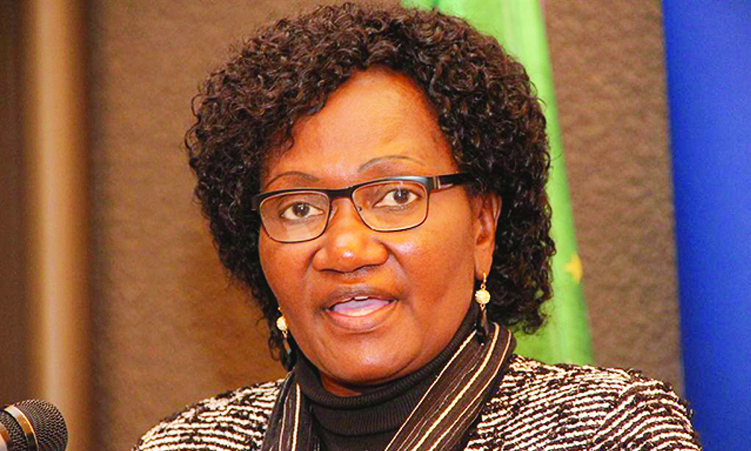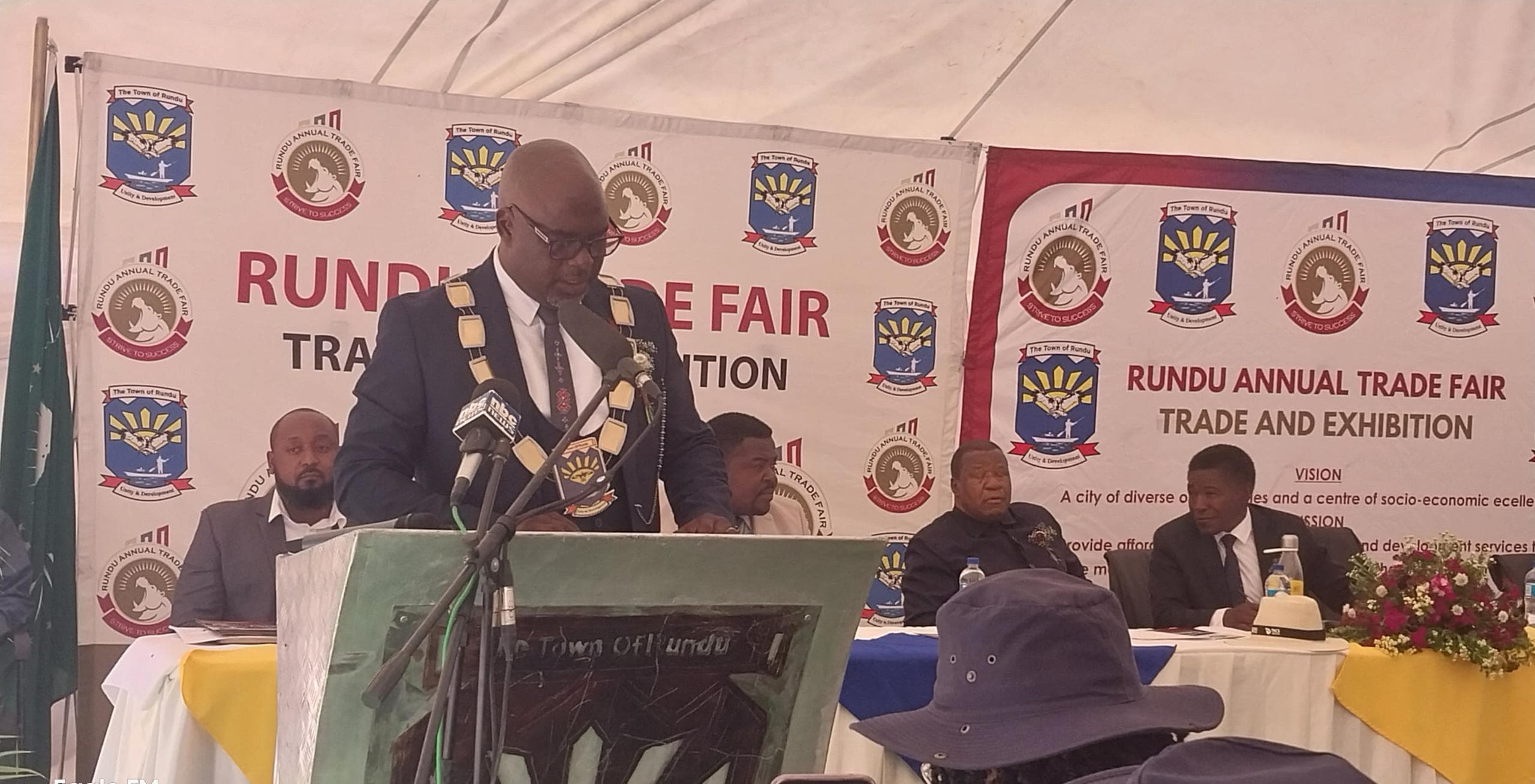The chief executive officer of the Development Bank of Namibia (DBN), Martin Inkumbi, yesterday declined to comment on whether the minister of higher education, technology and innovation, Itah Kandjii-Murangi, has started repaying her loan.
The bank extended the loan to the minister’s Namibia Impact College CC nearly 12 years ago.
“Regrettably, it is against bank policy to divulge or discuss specific details of a loan transaction or agreement without a borrower’s express consent. The bank is committed to uphold client-borrower confidentiality,” he said.
According to High Court documents, Namibia Impact College was granted a loan of N2,9 million by the DBN in February 2011 to buy a vehicle and furniture, and for working capital, at an interest rate of 2%.
In August 2015, the DBN approved Namibia Impact College’s application for the restructuring of the terms of the loan.
This involved that the interest on the loan be paid in equal monthly instalments of N$18 000, and that capital and interest be paid in instalments of N$1 666 per month.
Namibia Impact College has breached these arrangements by failing to make these payments, court documents show.
The documents state that the DBN said as a result of the breach it is entitled to N$3,3 million, which includes compound interest calculated daily and capitalised monthly at its base rate linked to First National Bank’s then 12,50% per annum up to 30 November 2018.
In September 2018, the DBN demanded Namibia Impact College to remedy its breach within 30 days of a notice, failing which the agreement would be cancelled and legal action would be taken.
“The first defendant (Namibia Impact College) failed and refused to remedy its breach as demanded by the plaintiff (the DBN),” the bank says in the documents.
According to the DBN, Namibia Impact College furnished a first mortgage bond attached over a property at Windhoek’s Hochland Park as security for this loan.
Inkumbi yesterday said once a borrower has defaulted on the repayment of their loans, the bank issues a letter of demand, requesting the borrower to rectify the default situation within a certain period of time, failing which the bank will resort to its rights as per the loan agreement.
One such right is to call up the loan and approach the courts to obtain a judgement against the defaulting business and its owners.
“If the DBN is successful in obtaining a judgement against the defaulting borrower, the bank can still allow the defaulter to settle its debt – especially when there is a possibility to recover more through a voluntary sales process than through a forced sales process.
“Failure to do so, the bank will liquidate business assets and\or other assets of the borrower held as security for the said loan to recover as much as possible in the interest of the bank,” he said.
Inkumbi said even when a judgement is obtained against a defaulter, the bank can still discuss and agree on a settlement arrangement that maximises the bank’s recovery.
“This does not amount to putting aside or ignoring a court order, but rather optimises the recovery process,” he said.
Inkumbi said when considering loan settlements by a defaulter, the bank will weigh up the value it can realise from selling business assets and other assets held as security against the settlement amount the defaulter is offering to pay.
“The aim is to recover the full capital plus interest, or the maximum amount given the circumstances,” he said.
Affirmative Repositioning leader Job Amupanda recently accused Kandjii-Murangi of defaulting on her loan.
Stay informed with The Namibian – your source for credible journalism. Get in-depth reporting and opinions for
only N$85 a month. Invest in journalism, invest in democracy –
Subscribe Now!






